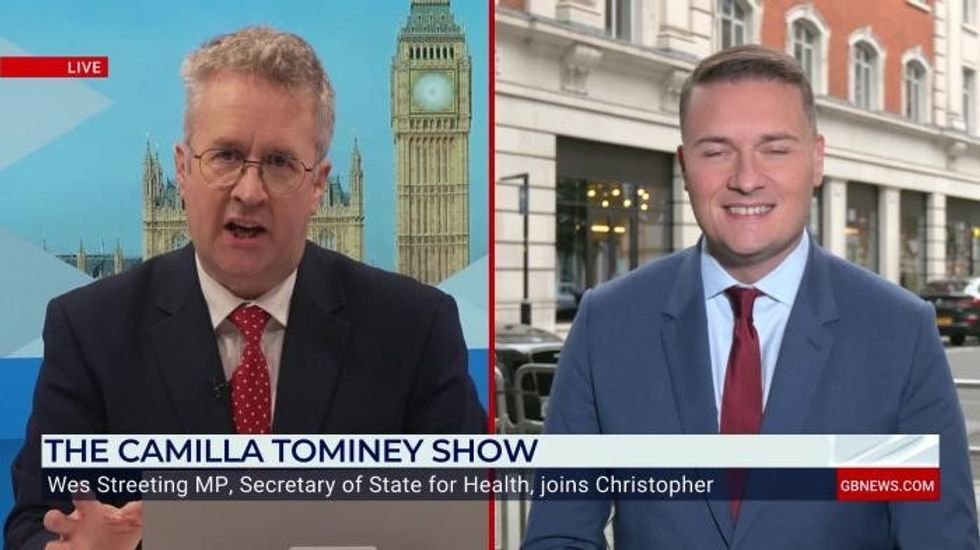
The NHS has issued a warning advising people with high blood pressure to avoid taking decongestants for cold and flu symptoms.The health service is cautioning that these common over-the-counter medications, which work by reducing swelling in nasal blood vessels, may not be suitable for individuals with certain health conditions.While decongestants are widely available without prescription at pharmacies, healthcare officials are emphasising the importance of understanding who should and shouldn’t use these medications.The warning comes as cold and flu season approaches, with particular concern for those managing chronic health conditions.The NHS has issued a warning advising people with high blood pressure to avoid taking decongestants for cold and flu symptoms (stock image)GettyAccording to NHS guidance, several groups should seek medical advice from a pharmacist or GP before using decongestants.This includes individuals with high blood pressure and those with diabetes.The health service has also put strict age restrictions in place regarding decongestant use in children.Children under six years old should not be given decongestants at all.For children aged between 6 and 11, usage should be limited to no more than five days, and parents should consult a pharmacist first.The NHS emphasises that product information leaflets will provide detailed guidance on who should avoid these medications.LATEST DEVELOPMENTS:Pregnant women are being advised to only use decongestants when specifically instructed by a healthcare professional.The NHS also warns that decongestants in tablet, liquid, or powder form that are swallowed should not be taken by breastfeeding mothers.Many cold and flu remedies are marketed as “all-in-1” products, containing combinations of decongestants, painkillers, and antihistamines.The health service notes that while some over-the-counter products may contain only decongestants, patients should carefully check the contents of combination medications.Speaking on BBC Morning Live this week, Dr Xand cautioned against using decongestant nasal sprays for cold and flu symptoms.According to NHS guidance, several groups should seek medical advice from a pharmacist or GP before using decongestantsGETTYHe warned that these products can be “complicated to navigate” and may cause problematic side effects.”The blood vessels in your nose have gotten used to using them so they wear off quite quickly and then you get more congestion afterwards,” Xand explained.He advised people to “steer clear” of decongestant sprays altogether.Instead, Xand recommended a simpler solution: “What can work is washing your nose out, get some of that mucus out which will restore your taste and smell and it will help you breathe a bit more easily.”